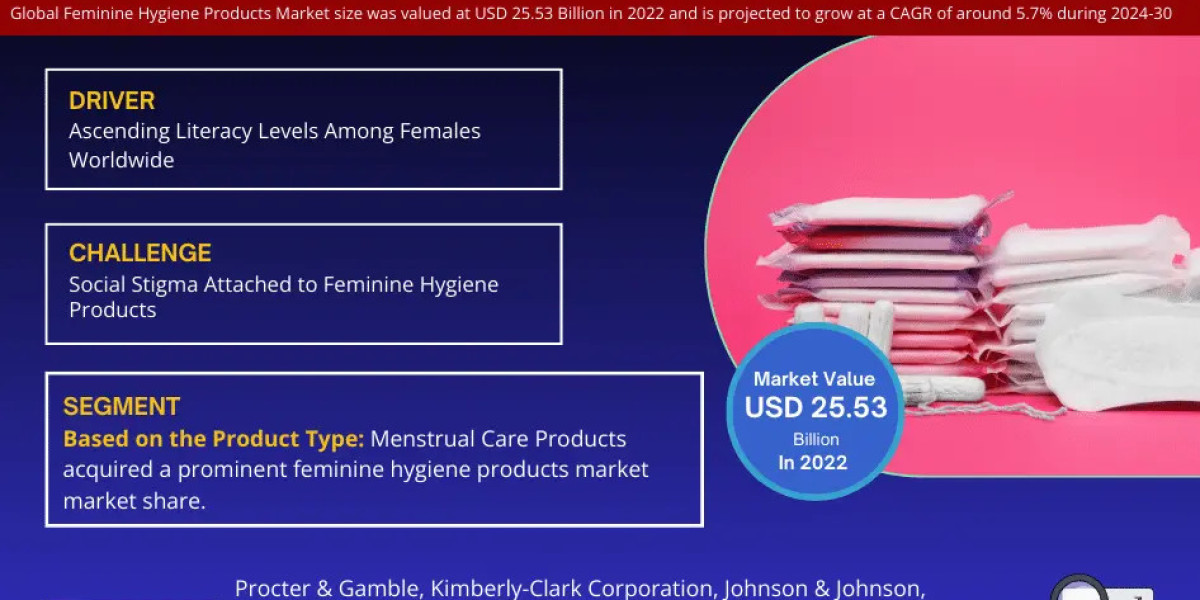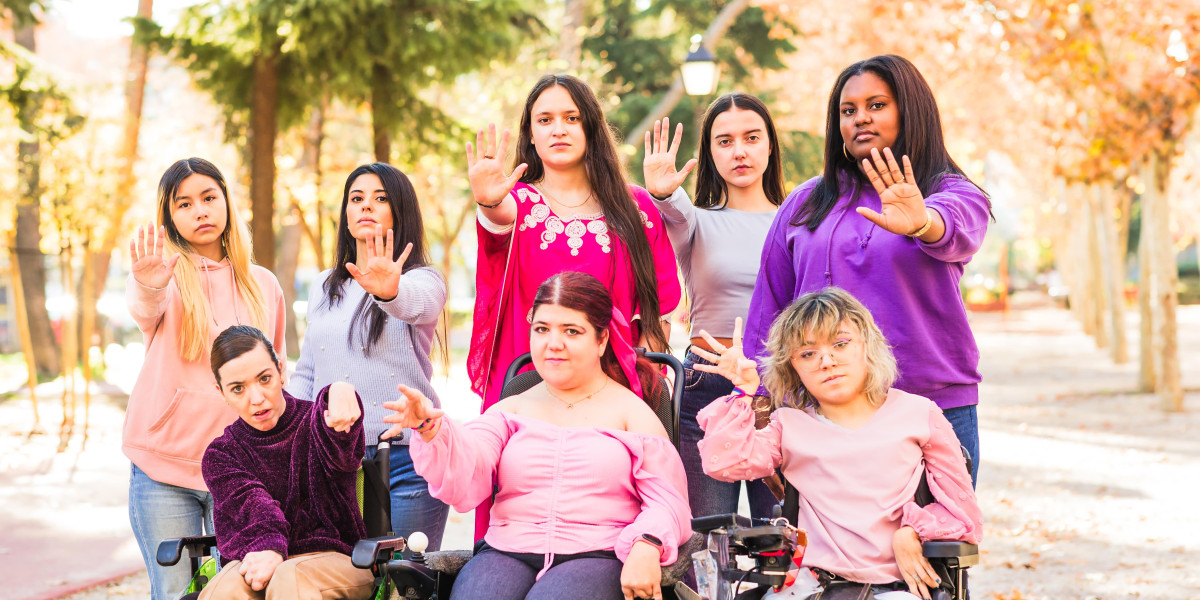The freedom to express one’s thoughts without fear of retribution is a cornerstone of democratic society. Yet, as digital platforms become the new public square, the concept of free speech is being rewritten in real time. The Future of Censorship: Will We Still Have Freedom of Speech in 2050? That question depends not just on technology, but on how societies balance security, misinformation, and individual rights in the decades ahead.
Censorship in the Digital Era: Redefining Boundaries
Censorship isn’t new—it’s been around for centuries in the form of book bans, state-controlled media, and political persecution. What is new is the scale and subtlety with which it now operates. In the 21st century, content doesn’t have to be removed to be censored; it can simply be buried in an algorithmic abyss, flagged without explanation, or demonetized into obscurity.
By 2050, the mechanisms for censorship will be more advanced—and more automated. Artificial intelligence will monitor everything from public forums to private messages, interpreting tone, detecting “suspicious” patterns, and removing content preemptively. On one hand, this can protect communities from hate, violence, and harassment. On the other, it could normalize a world where speech is only free if it’s approved by a system.
The Role of AI: Guardian or Gatekeeper?
AI will be both the enabler and enforcer of speech boundaries in the coming decades. Already, platforms use machine learning to moderate billions of posts, identify misinformation, and enforce “community standards.” By 2050, these systems will be vastly more intelligent, able to read context, nuance, and even emotion.
But who programs the AI? And with what values? If these tools are built by corporate or state entities with specific agendas, they could suppress dissenting voices while amplifying the dominant narrative. Worse, the speed and opacity of automated moderation may leave users with no real path to appeal or accountability.
In this future, censorship may no longer come from a human censor—it could come from a black-box algorithm you can’t question.
State Power and Surveillance Expansion
Governments around the world are responding to the challenges of the digital age with sweeping regulatory frameworks. Laws intended to combat “fake news,” terrorism, or cyberbullying often come with wide discretion, allowing authorities to silence political opponents or unpopular speech.
Countries like China have already developed integrated surveillance states where censorship is constant, data is weaponized, and free speech is closely monitored. Meanwhile, democracies like the U.S., U.K., and India are wrestling with where to draw the line between protection and suppression.
By 2050, many nations could require digital IDs, social scores, or real-name verification to post online. This would curb anonymity—and, in doing so, suppress vulnerable communities, whistleblowers, and critics who rely on pseudonyms for safety.
Free Speech and the Corporate Paradox
Tech companies now act as the gatekeepers of global dialogue. While they are private entities, their platforms serve billions and their decisions have outsized public consequences. When platforms like X, YouTube, or TikTok remove a post, ban an account, or alter an algorithm, it can shape elections, protests, and public opinion.
By 2050, these companies may act like supranational entities—beyond the reach of national regulation but fully capable of influencing what the world sees and says. Their decisions won’t necessarily reflect democratic values but business interests, liability concerns, and investor demands.
Free speech could become a privilege for those who align with corporate policies, leaving controversial voices—regardless of their truthfulness—out in the cold.
Cultural Pressure and the Rise of Self-Censorship
Not all censorship is imposed. Some of it is voluntary, internalized through fear of backlash, cancellation, or misunderstanding. The digital age has amplified this effect, as every post can be screenshotted, shared, and judged.
By 2050, as surveillance and “cancel culture” mature, we may find ourselves in a hyper-cautious world where people avoid voicing dissenting or nuanced opinions—not because it’s illegal, but because it’s risky. When people self-censor out of fear rather than respect, the public discourse becomes homogenized, and democracy suffers.
What Might Preserve Freedom?
Despite these dark predictions, there is hope. Awareness is growing. Digital literacy is on the rise. Movements for open-source technologies, decentralized platforms, and digital rights advocacy are gaining traction. Projects like Mastodon, Bluesky, and blockchain-based forums offer alternate models that resist centralized control.
By 2050, we could see the emergence of digital free speech zones, protected by encryption and shielded from surveillance. Education systems may prioritize critical thinking and media awareness, empowering citizens to navigate a complex information ecosystem without falling prey to manipulation or fear.
International coalitions may also develop frameworks that recognize freedom of speech as a digital human right, pushing back against authoritarian trends.
Conclusion: The Choice Is Still Ours
So, The Future of Censorship: Will We Still Have Freedom of Speech in 2050? It’s not inevitable—neither its preservation nor its loss. The technologies being developed now can empower or control, depending on how they are governed and used.
To ensure that speech remains truly free in 2050, we must act now: demand transparency from tech companies, push for rights-based regulation, foster diverse platforms, and protect the cultural value of open dialogue. The tools to control speech are growing stronger—but so is our ability to resist them.
Freedom of speech may not look the same in 2050—but with vigilance, it can still survive.






